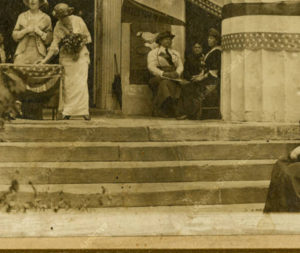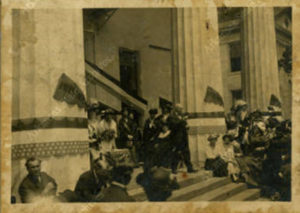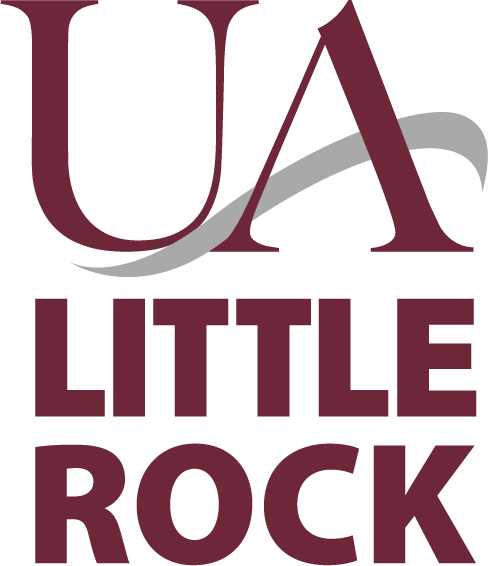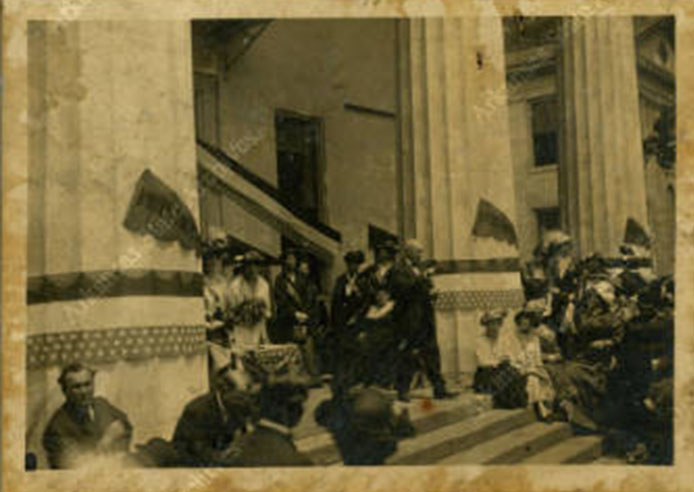As an educated woman of the post-Reconstruction period, Cotnam became involved in the national debate of who had the right to vote. She saw it as her educational and moral duty to advocate for women’s right to vote and to educate the public about good government.
When Cotnam moved to Arkansas, she became active in numerous women’s groups such as the Aesthetic Club of Little Rock, the Edelweiss Club, the League of American Pen Women, and the Little Rock Political Equality League.
When the Arkansas Woman Suffrage Association (AWSA) was reorganized in 1915, Cotnam became its treasurer. Under the AWSA, she taught at suffrage schools in seven non-suffrage states. When the AWSA was renamed the Arkansas Equal Suffrage Central Committee (AESCC) in 1917, Cotnam became its vice chairman and later, chairman. Because of her speaking abilities, the committee sent her on a debate tour in West Virginia and New Jersey.
As chairman of the AESCC, Cotnam wrote to the Arkansas General Assembly on June 13, 1919, and called for a one-day extra session of the Assembly to ratify the National Suffrage Amendment. She stated in a newspaper interview, “We feel a special pride in that Arkansas was the first southern state to grant any form of suffrage to women and we want to be the first southern state to ratify the national amendment.” The Assembly complied with her request on July 28, 1919, and ratified the 19th Amendment to the United States Constitution.



